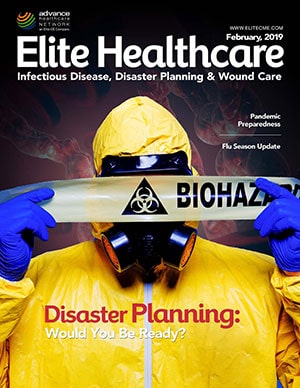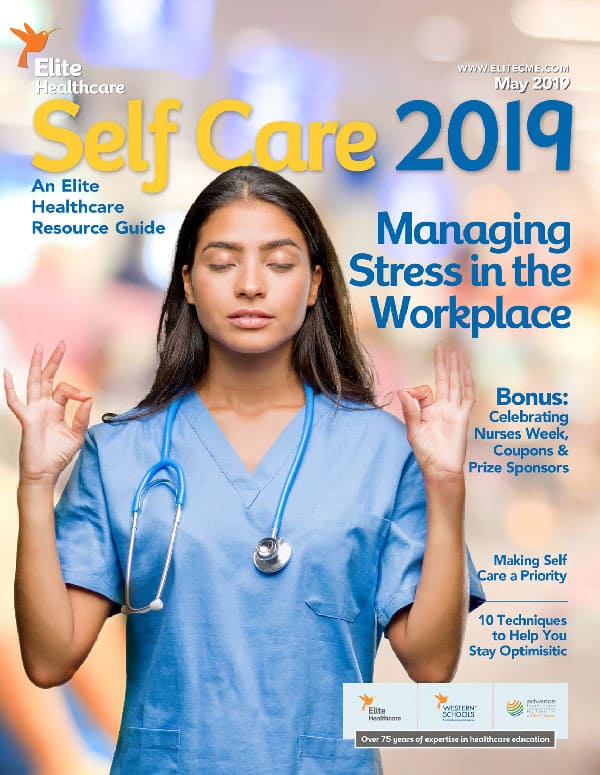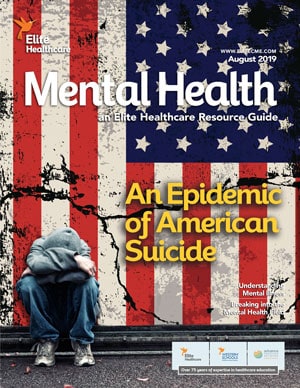
HHS and CMS Changes have been requested by the AOTA, the APTA, and the ASHA
Late last week, the leaders of the American Occupational Therapy Association (AOTA), American Physical Therapy Association (APTA), and the American Speech-Language-Hearing Association (ASHA) collaborated on a letter addressed directly to Mr. Alex Azar, the secretary of the U.S. Department of Health and Human Services (HHS), and Ms. Seema Verna, administrator of the Centers for Medicare and Medicaid Services (CMS).
“The coronavirus pandemic demands that health care policy makers, payers, and providers, reconsider how care is delivered to reduce the risk of further spreading infection,” the letter began. “[We] strongly urge the HHS and CMS to make immediate changes to ensure patient safety and protect health care providers by using authority granted to it under Social Security Act 1135(b)(8), as amended by the CARES Act, to expand the types of providers eligible to furnish tele-health services under Medicare to include audiologists, occupational therapy practitioners, physical therapy practitioners, and speech-language pathologists during the COVID-19 public health emergency.”
AOTA, APTA, and ASHA leaders urged the governmental bodies to expand the types of providers eligible to offer tele-health services during the COVID-19 pandemic, pointing out the number of beneficiaries unable to access healthcare services in a traditional setting at this time.
“Beneficiaries should not be forced to choose between compromising their health by forgoing care or compromising their health by exposing themselves to unnecessary risk of COVID-19, especially considering the delivery of therapy services via tele-health has been proven to be safe, effective, and widely implemented beyond the Medicare system,” read the letter.
Each organization proceeded to list numerous tele-health proficiencies of their respective practitioners.
“Accordingly, AOTA, APTA, and ASHA urge CMS to quickly broaden coverage for Medicare telehealth services under CARES Act 1135(b)(8) waiver authority so that beneficiaries can receive medically necessary health care services from occupational therapy practitioners, physical therapy practitioners, audiologists, and speech-language pathologists,” the correspondence concluded.






